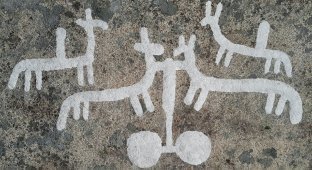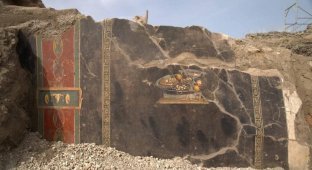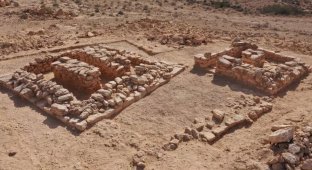Israeli archaeologists have discovered drawings left by Christians 1,500 years ago (5 photos)
Christian pilgrims left "intriguing" images near Gaza. The drawings, which are about 1,500 years old, show a two-masted ship without a sail, but with a small flag flying at the top. Although the ship is an old symbol of Christianity, experts believe that the pilgrims depicted their ship. 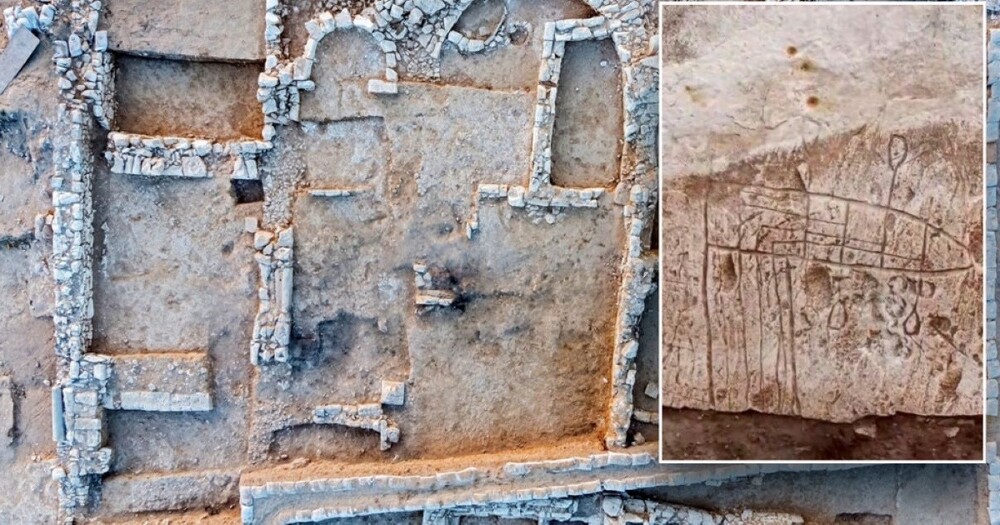
The Israel Antiquities Authority (IAA) has discovered sketches in the ancient Rahat Church, where archaeologists have been excavating since 2019.
It is believed that Christians first stopped in Gaza on their way to Jerusalem, Bethlehem.
The site where the engravings were discovered adjoins an ancient Roman road leading from the port of Gaza along the Mediterranean coast to Beersheba, the main city of the Negev. This was the most likely route to Israel's holy sites. 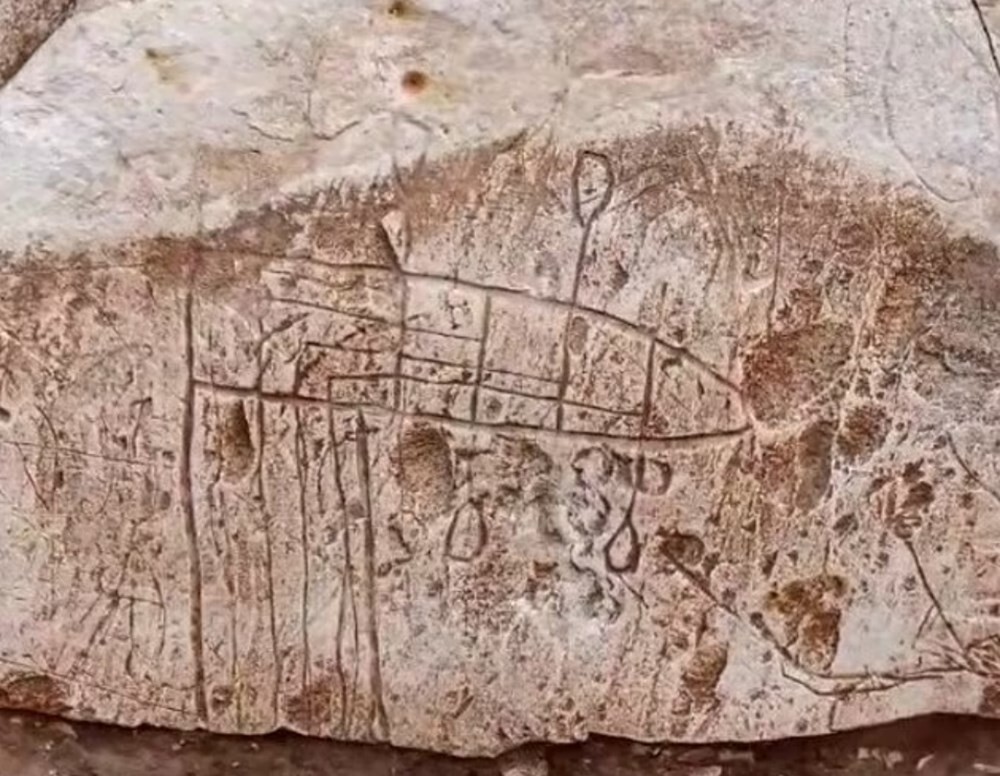
“It makes sense that their first stop after arriving at the port of Gaza was this church, discovered during our excavations south of Rahat,” the archaeologists explained.
The temple dates back to the Byzantine era, as do the images.
“This is a greeting to the Christian pilgrims who arrived by ship in the port of Gaza,” say excavation leaders Oren Shmueli, Elena Kogan-Zehavi and Noah David Michael. “The ship is indeed an ancient Christian symbol, but in this case it is an image of the real ships on which the pilgrims traveled to the Holy Land."
The first picture shows a boat with a slightly pointed bow and oars on either side, giving the impression of an aerial view. 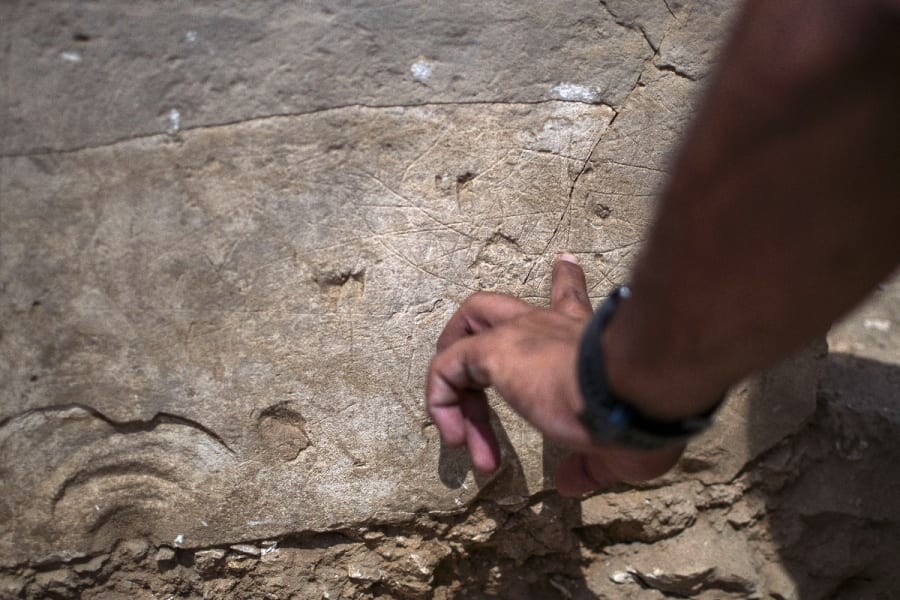
"It looks like the artist was trying to make a three-dimensional drawing," says Professor Deborah Zwickel from the University of Haifa. "Images of ships or crosses left by Christian pilgrims as evidence of their visit are also found in Jerusalem's Church of the Holy Sepulchre."
The second drawing indicates that the artist was familiar with sailing, as the foremast slopes towards the bow and does not have a sail, known as an artemon, which was used to steer the ship. 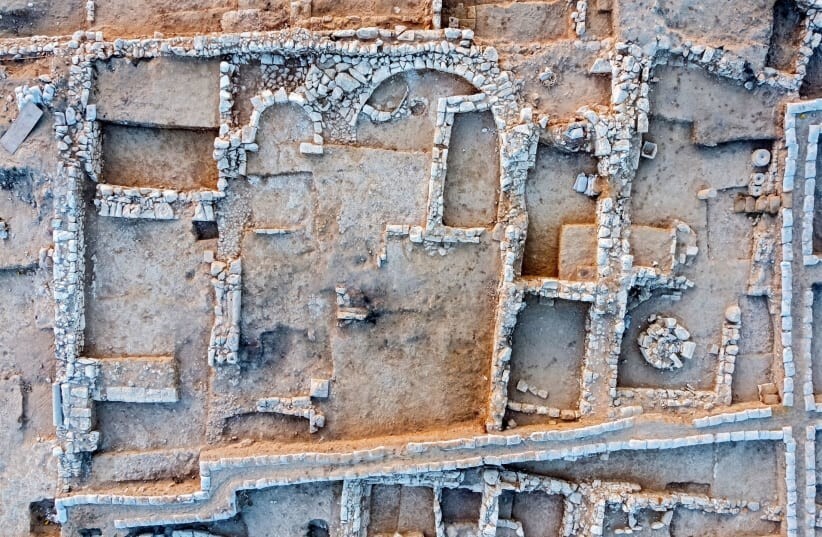
“This amazing and intriguing discovery from the Byzantine period in a church in the Northern Negev opens a window into the world of Christian pilgrims who visited the Holy Land 1,500 years ago. We learn about the ships they traveled on and the navigation of that time,” concluded the director of the Israel Antiquities Authority. Eli Escusido. 














